

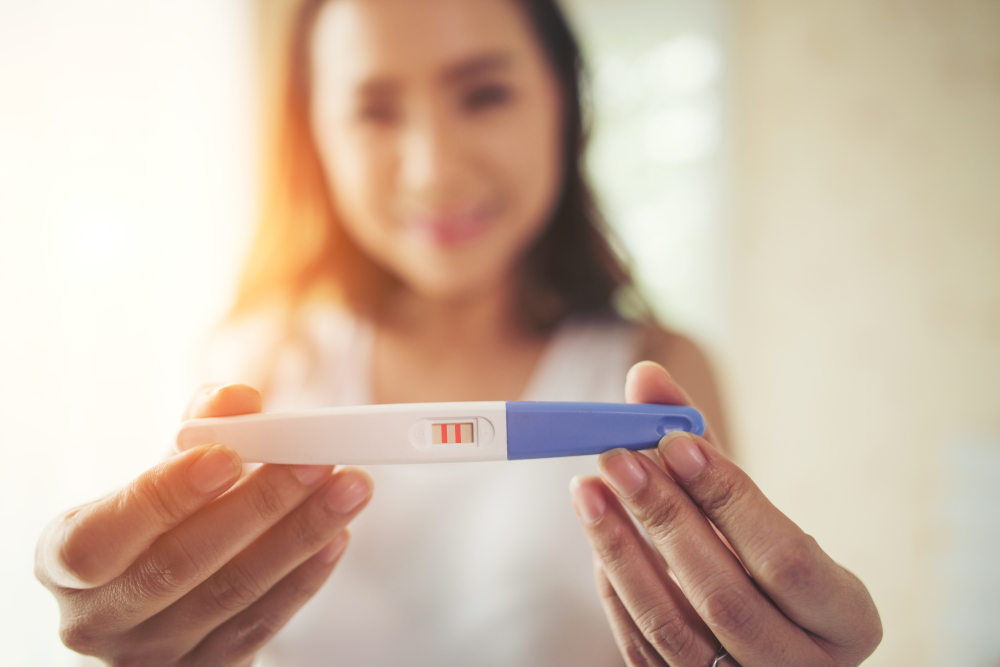
Female reproduction depends heavily on hormones, especially those that regulate the menstrual cycle. Hormones in the body must signal and control the development of an egg within an ovary, the release of the newly developed egg into the fallopian tube, and the thickening of the uterine lining for implantation in order for a pregnancy to take place. The resultant embryo will then travel to the uterus for implantation if the freshly released egg is fertilized by sperm (sperm development is also controlled by hormones within the male body).
Any of the aforementioned processes can be slowed down or prevented by a lack of or irregular amount of one or more hormones, making pregnancy challenging to obtain.

Anovulation, polycystic ovarian syndrome (PCOS), and hyperprolactinemia are a few of the hormonal abnormalities and disorders that are most frequently detected.
These issues frequently lead to irregular or nonexistent ovulation, which makes it harder for an individual or couple to get pregnant.

Hormonal imbalance is frequently not identified until a person develops infertility. Women may experience one or more of the following symptoms:
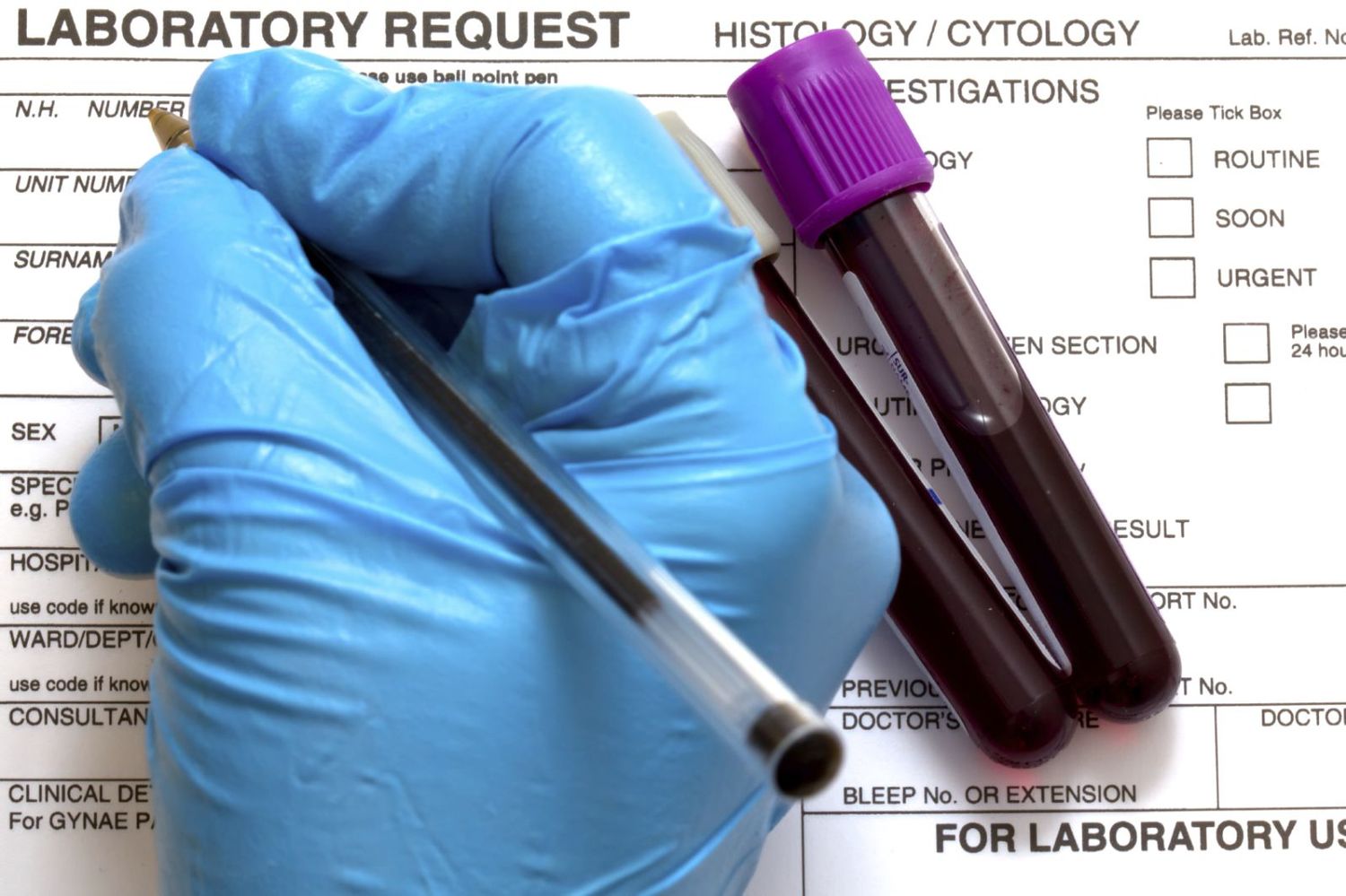
Simple blood or urine tests can be used to identify hormonal abnormalities in both men and women. In order to identify whether one or more hormones are deficient or in excess, fertility hormone testing examines the presence of a number of hormones essential to reproduction. This can assist fertility professionals in identifying potential reasons for infertility and the best course of action.
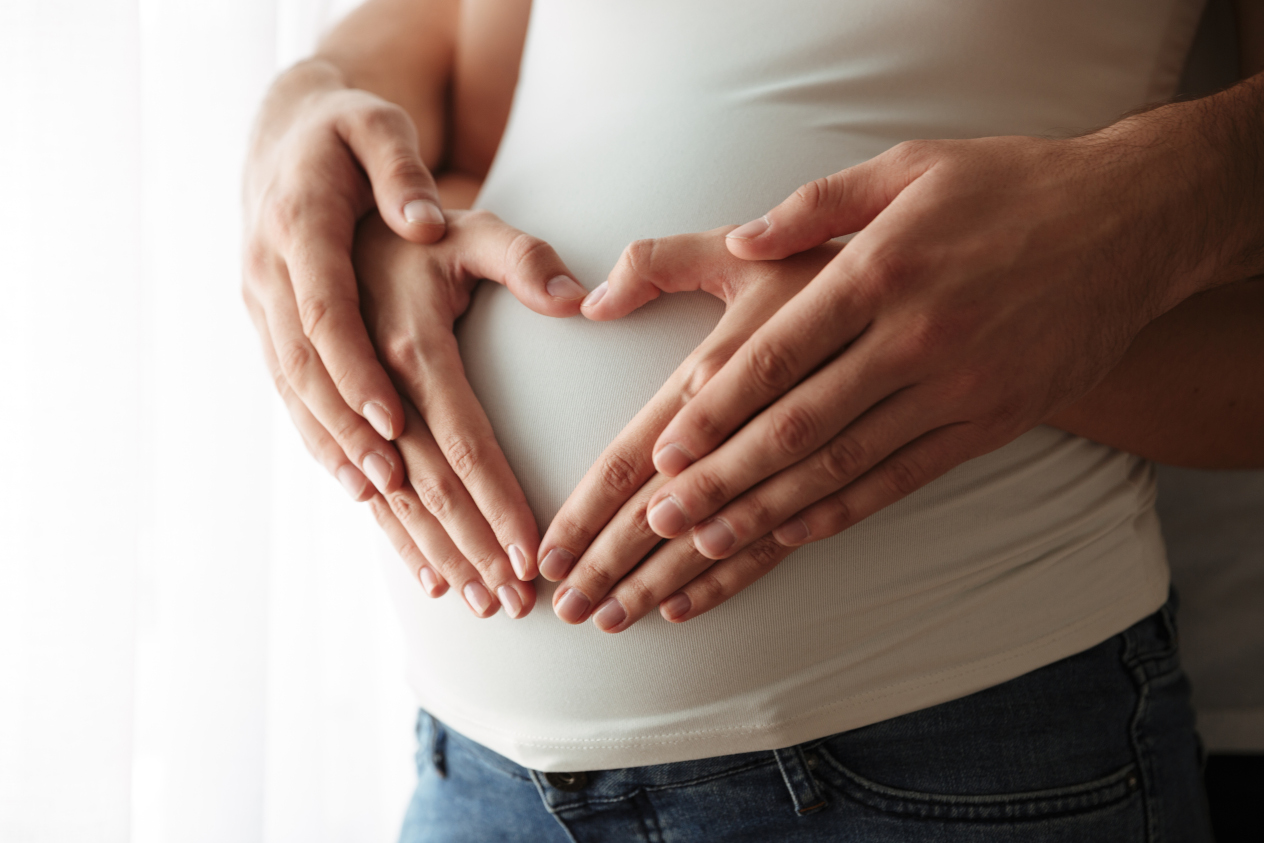
Hormonal imbalances are typically manageable and should be treated. Medication to stimulate ovulation, normalize hormone levels, trigger a fully mature egg, or restore normal thyroid function are all possible treatments for hormonal imbalance.
Hormone levels can be normalized and pregnancy chances increased by making lifestyle changes like losing weight or changing one’s diet.

Even though it’s normal for everyone to feel low or down sometimes, especially when they’re dealing with hard situations or events, it’s important to know the difference between this and depression. This is a condition that needs treatment and is characterized by a low mood that doesn’t change no matter what, which can lead to feelings of pessimism, despair, and an inability to cope. Depression often affects many parts of the lives of people who have it, making it hard for them to work, sleep, eat well, and enjoy things they would otherwise find fun or pleasurable.

Hormonal imbalance is a big cause of mood disorders, so balancing hormone levels can also help treat mood disorders. Humans go through a lot of hormonal changes over the course of their lives, such as during puberty, pregnancy, and menopause. It is easy to see how these changes, which could cause imbalances, could lead to a “low mood” or depression. Estrogen, progesterone, testosterone, and cortisol are all hormones that have a big effect on how we feel and act. Estrogen can make you feel better because it helps the brain make more serotonin. Progesterone can help with mood swings, anger, and depression, making a person feel calmer overall. Testosterone is a hormone that makes a person feel better and gives them more confidence.
Premenstrual syndrome (PMS) or premenstrual dysphoric disorder (PMDD) can also cause hormonal imbalances that can lead to mood swings (PMDD).
A major cause of mood disorders is an imbalance in hormones. Hormones change a lot during our lives, especially during puberty, pregnancy, the time after giving birth, and the menopause. It is easy to see how these changes, which could cause imbalances, could lead to a “low mood” or depression.
At Rejuv Medical, in order to treat someone with depression with bioidentical hormone replacement therapy, we take a full patient history and look at the whole picture. This includes the right tests to find out if a hormone imbalance could be the cause of a patient’s depression. If this is found to be the case, a personalized treatment plan with bioidentical hormones and the right help and participation from the patient can be made.

Some of the specific hormones that play a role in increased or decreased levels of anxiety are estrogen, progesterone, testosterone, oxytocin, and stress steroids such as cortisol and adrenaline. The drop in estrogen and progesterone that occurs at the end of a women’s menstrual cycle may cause anxiety and other mood symptoms. This is similar to the drop experienced during perimenopause, the time during which your body makes the natural transition to menopause. Low levels of testosterone have also been linked to elevated worry or panic. Oxytocin, on the other hand, has been shown to reduce stress and anxiety.
Stress hormones (cortisol and adrenaline) are produced in response to a threat or fear, (either real or perceived.) These steroid hormones help to cope and prepare for action. A residual feeling of anxiety is perceived if there is nothing to act on . Not only does stress hormone production cause anxiety in and of itself, but it can decrease production of testosterone, which can also cause anxiety. And since testosterone partially controls the release of cortisol, lowered testosterone levels can set off a rise in cortisol production. The combined effect is a vicious cycle of anxiety.
Although it may come as no surprise, behavioral lifestyle changes are the first step to better controlling anxiety. Hormonal influences may make this difficult at certain times, but healthy changes will never hurt. Increasing sleep quality, reducing abuse of substances, and reducing stressors are helpful ways to cope with anxiety and depression symptoms. Exercise (especially yoga), limiting caffeine intake, smoking cessation, limiting alcohol use, meditation and relaxation have also been shown to be effective modalities.
There are also things one can do to boost production of oxytocin, the hormone that helps reduce stress and anxiety. Outside of childbearing, oxytocin is released during contact with loved ones and promotes relaxation and trust. Natural ways to boost oxytocin include showing generosity toward others, cuddling with a loved one, and petting an animal.
Sometimes you may need more than behavioral changes to get relief from your anxiety. Talking with your healthcare provider at Rejuv Medical will help determine if the symptoms you’re experiencing warrant psycho and pharmacologic therapy. Hormonal therapy is not approved to treat anxiety specifically, but a combination approach may be something to explore.

PMS has many different signs and symptoms, such as mood swings, tender breasts, food cravings, tiredness, irritability, and depression. It is thought that up to three out of every four women who have periods have had some kind of premenstrual syndrome.
PMS symptoms may get worse as you reach your late 30s or 40s signifying perimenopause, a gradual process leading to menopause. Changes in hormone levels during the menstrual cycle may play a role in PMS. These changing hormone levels may affect some women more than others.

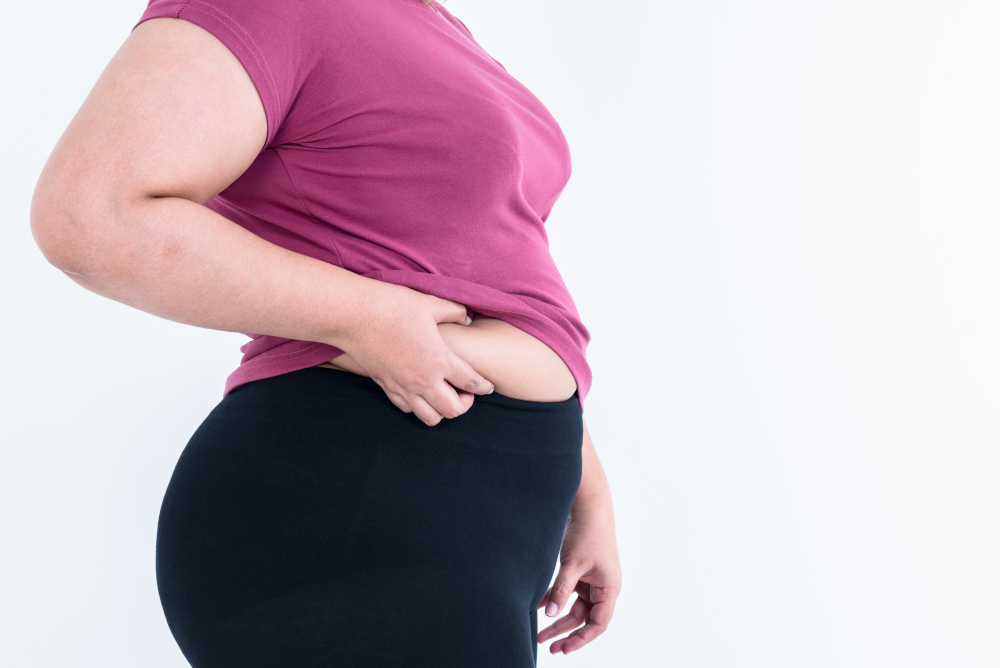
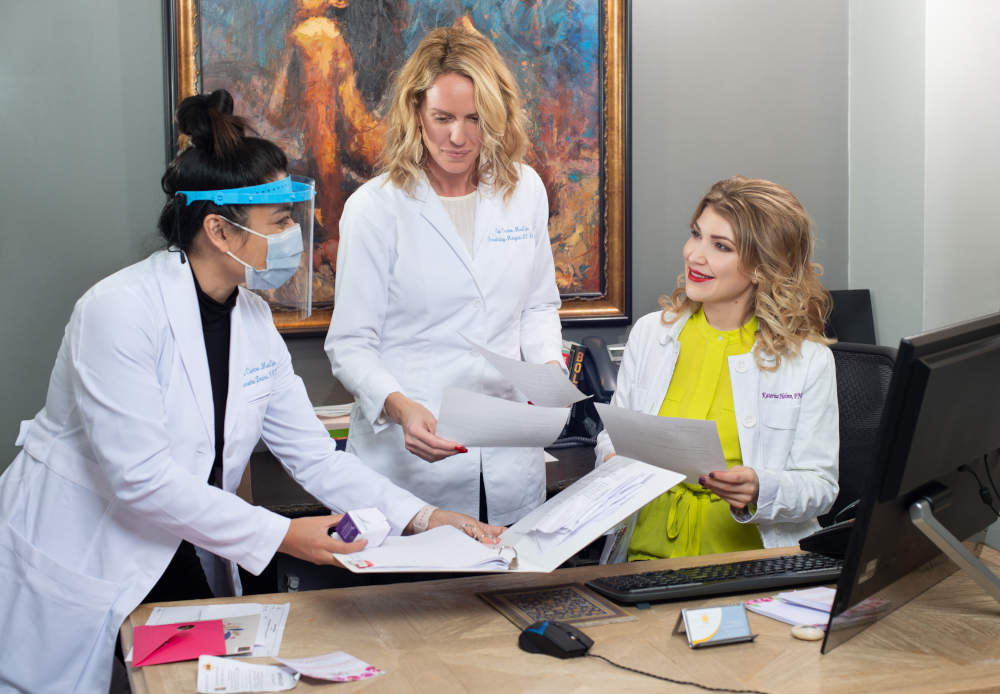
Unfortunately, PMS symptoms are often masked by antidepressants, Ibuprofen, Spironolactone, and birth control instead of fixing the underlying hormone imbalance.
Other PMS treatment options can be any or all of the following:
Rejuv Medical providers strive for excellence and want our patients to experience the best quality of life possible. If your PMS symptoms negatively impact your life, contact us today. We would love to help you get back to the best version of yourself!
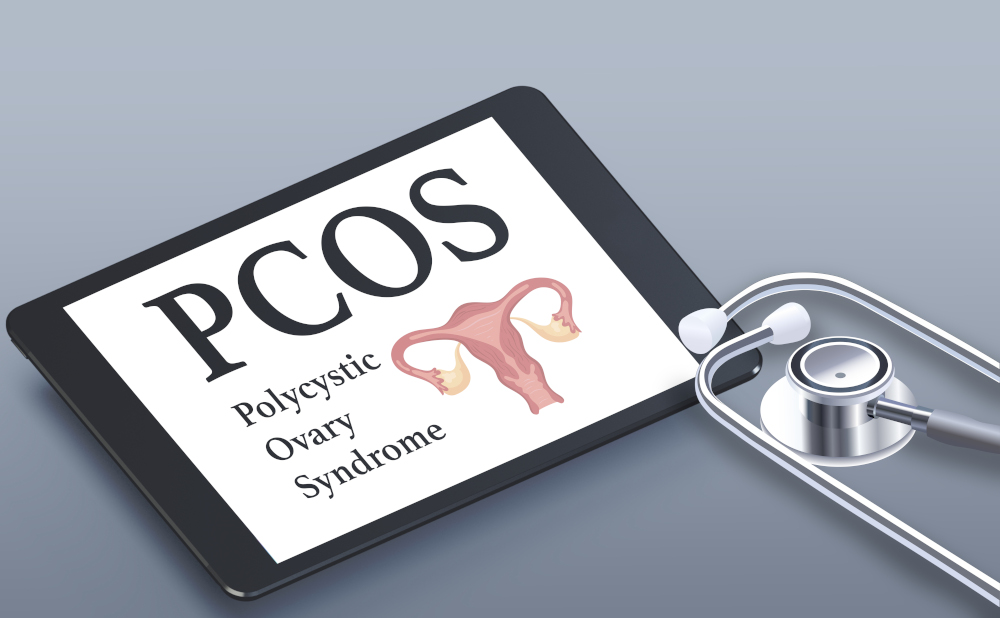
Polycystic ovary syndrome (PCOS) is a health problem that affects 1 in 10 women of childbearing age. Women with PCOS have a hormonal imbalance and metabolism problems that may affect their overall health and appearance. PCOS is also a common and treatable cause of infertility.
Polycystic ovary syndrome (PCOS), also known as polycystic ovarian syndrome, is a common health problem caused by an imbalance of reproductive health. The hormonal imbalance creates problems in the ovaries. The ovaries make the egg that is released each month as part of a healthy menstrual cycle. With PCOS, the egg may not develop as it should or it may not be released during ovulation as it should be.
Between 5% and 10% of women between 15 and 44, or during the years you can have children, have PCOS. Most women find out they have PCOS in their 20s and 30s, when they have problems getting pregnant and see their doctor. But PCOS can happen at any age after puberty.
Women of all races and ethnicities are at risk of PCOS. Your risk of PCOS may be higher if you have obesity or if you have a mother, sister, or aunt with PCOS.
Symptoms of PCOS may begin shortly after puberty, but can also develop during the later teen years and early adulthood. Because symptoms may be attributed to other causes or go unnoticed, PCOS may go undiagnosed for some time.
People with PCOS typically have irregular or missed periods as a result of not ovulating. Although some people may develop cysts on their ovaries, many people do not.
The exact cause of PCOS is not known. Most experts think that several factors, including genetics, play a role:
There is no cure yet, but there are many ways you can decrease or eliminate PCOS symptoms and feel better. We offer different medicines that can treat symptoms such as irregular periods, acne, excess hair, and elevated blood sugar. Fertility treatments are available to help women get pregnant. Losing as little as 5% excess weight can help women ovulate more regularly and lessen other PCOS symptoms. The ideal way to do this is through nutrition and exercise. Click here if you would like talk to our licensed hormone specialist.
If you don’t feel yourself and want a caring, comprehensive, and individualized approach to your health, call/text (415) 712 1937 to schedule a consultation